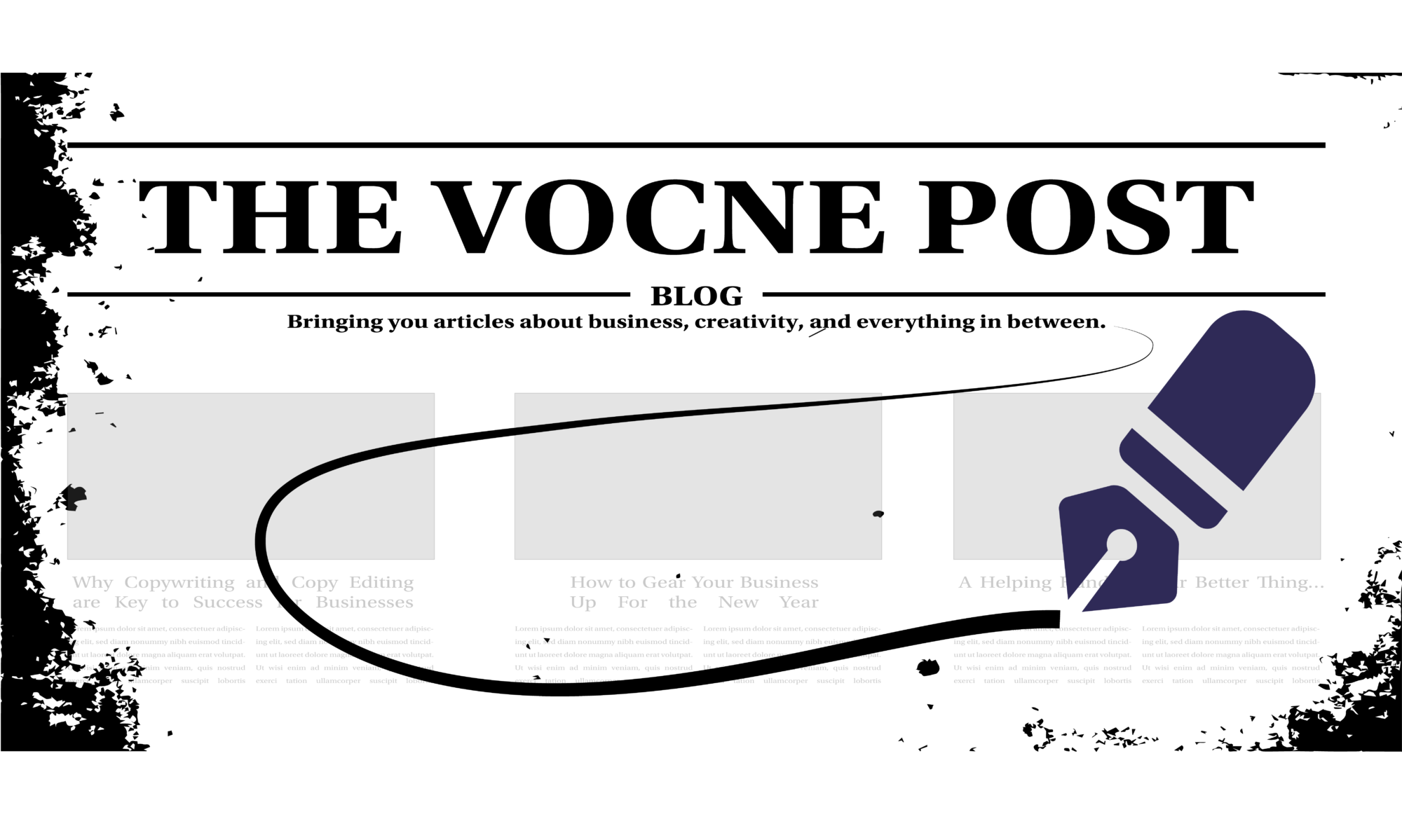Taking a Look at Your Previous Year
As the year draws to a close, it is normal to want to prepare your business for 2020. January is right around the corner, and it may be tempting to rush into your plans for your business. However, it is important not to forget where you currently are. Throughout the year you have been monitoring the health of your business. This is a very smart thing to do because it allows you to make real-time adjustments when necessary. It is a good idea to keep note of all these changes for the year’s end so you can review all that has happened.
Before you look ahead to 2020, be sure to take some time to reflect on 2019. This will allow you to create a plan for your business’s immediate and far-reaching future. There are many metrics for you to look at, but in this blog we are going to give you three of our favorite tips on how you can structure your end-of-the-year business reflections.

1. Looking Back at Revenue Generated
Some of us start a business as a hobby, but for most people the business they create is an important part of their income. Sometimes it is supplemental to another job we have, or it is our sole income. Regardless of what your aim is for your business, it is essential to track the revenue you generate.
In order to obtain our desired quality of life there are basic requirements we need to meet to pay our bills. Often this leads to the creation of a revenue sales goal or budget. As you prepare for 2020, be sure to look back at what revenue you generated this year and set it against the goals you set for next year. Did you make enough money? Was there surplus? Did you fall a little short? Asking yourself these questions will guide the process of compiling these statistics of your company. This will allow you to create a more precise budget plan for 2020. You will see the areas in which you came up short, areas in which you could improve, and areas in which you met goal.
How well are You Managing the COGS and the OPEX?
In addition to your top line revenue, the cost of doing business is another important factor to take a look at. Two main aspects of this, though there are others, are “Cost of Goods Sold” (COGS) and “Operating Expenses” (OPEX). Let’s take a look at these two elements.
- COGS = This refers to the direct cost of producing the goods you are selling. This can include the cost of the merchandise, supplies, and anything that goes into producing the product(s) you sell. COGS is subtracted from your gross revenue, which in turn tells you the amount of money your business generated.
- OPEX = These expenses include items such as rent, payroll, professional fees, and more. This number is also subtracted from your gross revenue.
So why are we saying to take a look at your previous year’s numbers in these two categories? Looking at these categories will allow you to make innovative decisions going into 2020. For example, with COGS, you will be able to see if you are spending too much, or too little, creating your product.
Take, for instance, a small grocery retailer that needs to acquire product to sell in its store(s). Goods can be purchased from a variety of sources. This store can buy product directly from the vendor, they can buy from Distributor A, they can buy from Distributor B, or they can have a program by which they purchase from all of the above.
There are many options available to you, though some may be cheaper than others. You will be able to compare these prices for 2020 against the prices of 2019. With OPEX, you’ll be able to evaluate what you are spending to run your business. Perhaps you have too many employees. Knowing the OPEX will allow you to curtail certain operations if you find it necessary.

Are Your Keeping Pace with Your Competitors? Are You Ahead of Them?
This final tip is to help you see the larger picture. Often, we can get lost in our business and forget that there is an entire marketplace out there beaming with other businesses trying to get ahead like us. This competition is a good thing because it keeps us on our toes. It keeps us striving to be better. Without healthy competition we would become stagnant.
As you look back at 2019, take a look at your competitors. How have you been able to keep pace with them? Are you ahead of them? By seeing what trends are occurring in the marketplace, and by analyzing what your competition is doing, you can make adjustments to your own business model. This will ensure you stay in a good spot in the marketplace. It’ll allow you to adjust so you can rise above the rest. It is easy to get comfortable in the marketplace, but this is dangerous. Remember Blockbuster and Borders? Both these companies got comfortable with their position in the industry. As the industry progressed forward they did not, and within a few short years they became relics of the past. Be proactive to make sure your company is thriving for many years to come.
Of course, this article just scratches the surface, but this is a good foundation to build off of for the new year. What metrics do you look at? Do you have an end-of-the-year routine you follow each year? Comment below and let us know!



